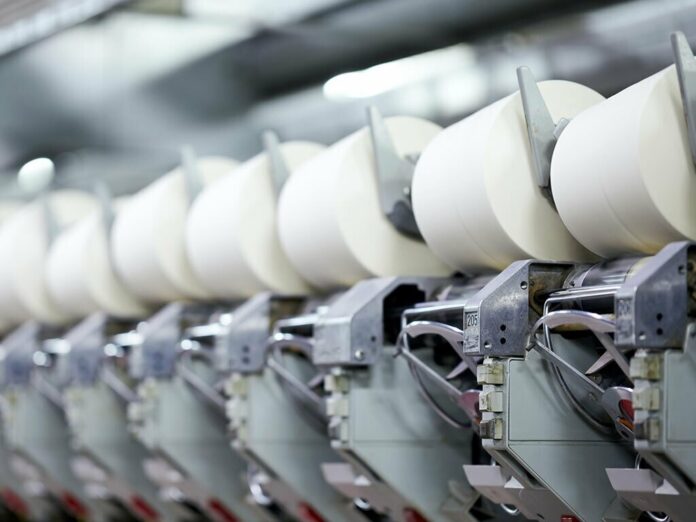In the annals of corporate reinvention, few sagas are as bold—or baffling—as that of a struggling textile company pivoting into the digital economy. Yes, you read that correctly. After years of hemorrhaging money — Rs538 million in accumulated losses to be precise—this firm has decided that the best way to save itself is by selling off its factory equipment and becoming, of all things, a tech company. The transformation involves shedding its looms and weaving machines and diving headfirst into a field it has no discernible experience in: ICT (Information and Communication Technology).
It is a daring gambit, considering that this same company has seen its liabilities outpace assets by nearly Rs1 billion. Yet, despite a loss of Rs20 million last year and its appearance on the Defaulter counter of the Pakistan Stock Exchange, the Board of Directors is brimming with confidence. Their solution? A business plan that reads like a tech-bro fever dream, filled with jargon like “digital platforms,” “blockchain,” “creator economy,” and “AI-driven content moderation.” At first glance, it sounds like a last-ditch attempt to woo investors with buzzwords. The content in this publication is expensive to produce. But unlike other journalistic outfits, business publications have to cover the very organizations that directly give them advertisements. Hence, this large source of revenue, which is the lifeblood of other media houses, is severely compromised on account of Profit’s no-compromise policy when it comes to our reporting. No wonder, Profit has lost multiple ad deals, worth tens of millions of rupees, due to stories that held big businesses to account. Hence, for our work to continue unfettered, it must be supported by discerning readers who know the value of quality business journalism, not just for the economy but for the society as a whole.To read the full article, subscribe and support independent business journalism in Pakistan

























